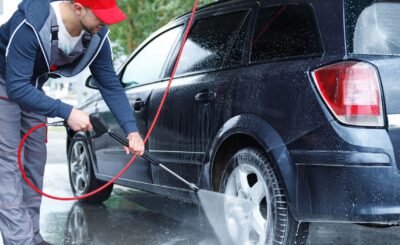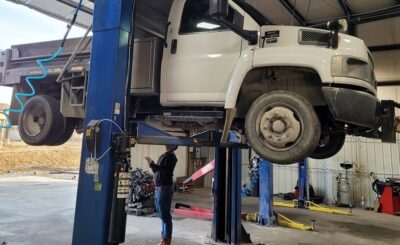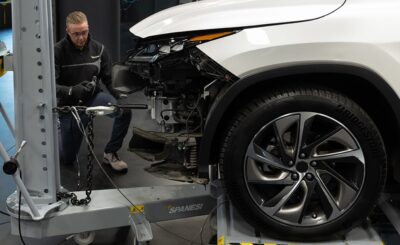Planning a road trip can be exciting, but there is nothing worse than having your car break down miles away from home. Many people underestimate how much wear and tear a vehicle can go through on the road, which is why proper preparation is important.
If you are worried about expected problems during the trip, following a few simple steps can help ensure your car is ready to go on a long trip.
1. Inspect Your Tires
Your tires are one of the most important parts of your car, especially on long trips. Before hitting the road, check for uneven wear, cracks, or bulges in the rubber. Make sure your tires are properly inflated, as low tire pressure can affect fuel efficiency and handling.
Don’t forget to examine your spare tire and ensure you have all the tools needed to change a tire if necessary. Investing a few minutes in tire care can save you from dealing with a flat in the middle of nowhere.
2. Schedule a Full Service Check-Up
A professional inspection can catch potential problems before they turn into major issues. Have a mechanic check your car’s fluids, brakes, lights, and engine performance. If it’s been a while since your last oil change, now is the time to get it done.
A service check-up ensures that your car is in top condition, giving you peace of mind for the long hours you’ll spend on the road.
3. Plan for Vehicle Breakdown Recovery
Even with the best preparation, things can go wrong. That’s why it’s smart to plan for vehicle breakdown recovery. Look into roadside assistance services or make sure your car insurance includes coverage for towing and emergency help.
Having a recovery plan in place can save you a lot of stress if your car stops working during the trip. Keep contact information for a reliable recovery service in your glove compartment, just in case you need it.
4. Check Your Battery and Electrical System
A dead battery is one of the most common reasons for car trouble on long trips. Before heading out, check the battery’s charge and clean any corrosion from the terminals. If your battery is older than three years, consider replacing it to avoid unexpected failure.
Don’t forget to test your headlights, taillights, and interior lights to make sure everything is working properly. A well-maintained electrical system is essential for safe and stress-free driving.
5. Pack an Emergency Kit
Being prepared for emergencies can make all the difference if you run into trouble on the road. Your kit should include jumper cables, a flashlight, a first aid kit, basic tools, and a portable phone charger.
You may also want to bring water, snacks, and a blanket in case you’re stuck waiting for help. Packing these essentials ensures that you’re ready for the unexpected.
6. Test Your Cooling System
Your car’s cooling system works hard to keep the engine from overheating, especially on long drives in hot weather, check the coolant level and look for any leaks in the system. If your coolant hasn’t been flushed in a while, consider getting it replaced before your trip.
An overheating engine can ruin your road trip, so taking care of your cooling system ahead of time is a smart move.








